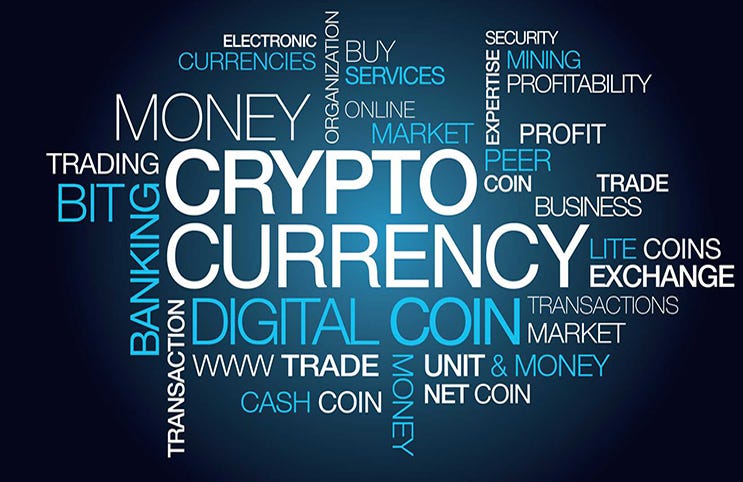To the extent that even though it had been discovered that banks were being reckless with your money during the economic situation of 2008, the federal government (another intermediary) thought we would bail them out rather than risk destroying the ultimate fragments of trust by making them collapse.

Blockchains work differently in one essential regard: they are completely decentralised. There’s number key removing home like a bank, and there is no main ledger held by one entity. As an alternative, the ledger is spread across a huge network of pcs, called nodes, each which supports a duplicate of the entire ledger on the respective hard drives. These nodes are attached to one another using a software application named a peer-to-peer (P2P) customer, which synchronises data across the network of nodes and makes sure everybody has the exact same version of the ledger at any given stage in time.
Each time a new purchase is entered right into a blockchain, it’s first encrypted using state-of-the-art cryptographic technology. Once secured, the deal is changed into anything named a block, which is ostensibly the term employed for an encrypted group of new transactions. That stop is then delivered (or broadcast) in to the system of computer nodes, where it’s tested by the nodes and, once confirmed, offered through the system so that the block can be included with the end of the ledger on everybody’s pc, under the number of previous blocks. This is called the cycle, ergo the technology is known as a blockchain.
After approved and recorded in to the ledger, the deal may be completed. This is how cryptocurrencies like Bitcoin work. What’re the benefits of this technique around a banking or main removing program? Why could Rob use Bitcoin in place of normal currency? The answer is trust. As mentioned before, with the banking process it is important that Deprive trusts his bank to safeguard his money and manage it properly. To make sure this occurs, enormous regulatory systems occur to confirm those things of the banks and guarantee they’re fit for purpose.
Governments then regulate the regulators, creating a kind of tiered process of checks whose only purpose is to help prevent mistakes and poor behaviour. Quite simply, organisations like the Financial Companies Power occur precisely since banks can’t be trusted on the own. And banks often produce problems and misbehave, as we have observed a lot of times. When you yourself have a single source of power, energy appears to have abused or misused. The trust connection between people and banks is awkward and precarious: we do not actually trust them but we don’t feel there’s much alternative.
Blockchain programs, on another give, don’t require you to confidence them at all. All transactions (or blocks) in a blockchain are tested by the nodes in the network before being included with the ledger, meaning there’s not one position of disappointment and no single acceptance channel. In case a hacker wanted to successfully tamper with the ledger on a blockchain, they would need to concurrently hack millions of computers, which can be very nearly impossible. A hacker might also be more or less unable to bring a blockchain network down, as, again, they would need to have the ability to power down every single computer in a network of pcs spread around the world.
